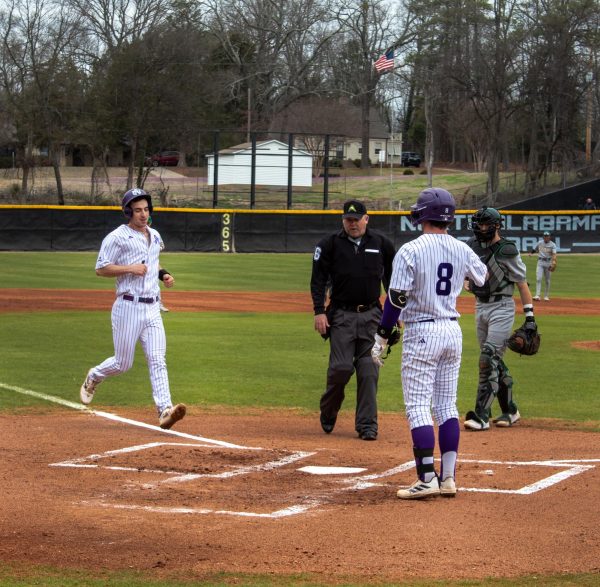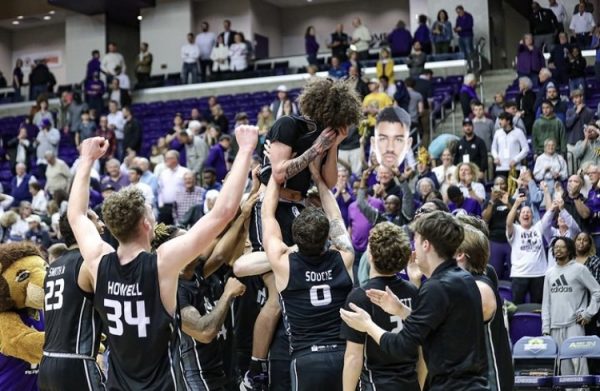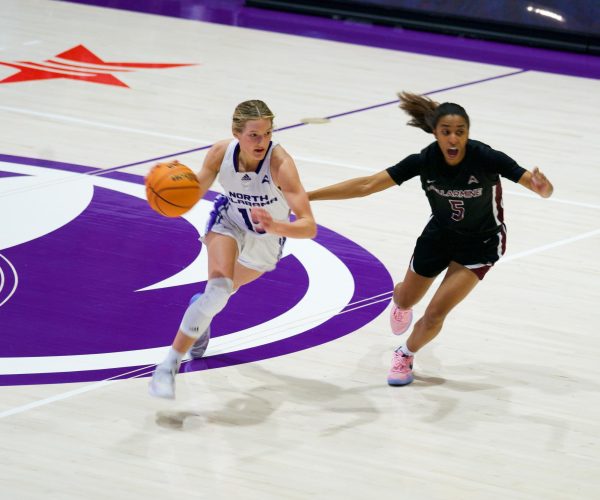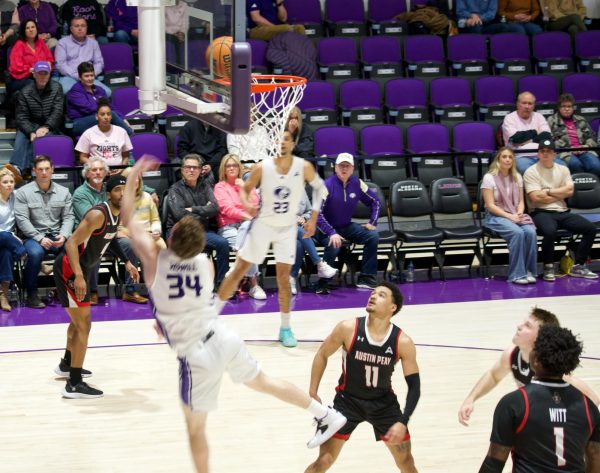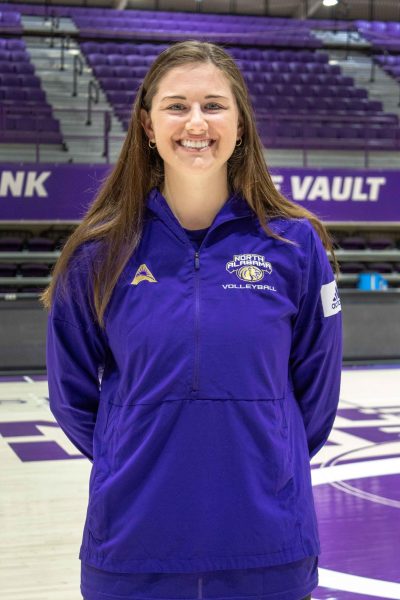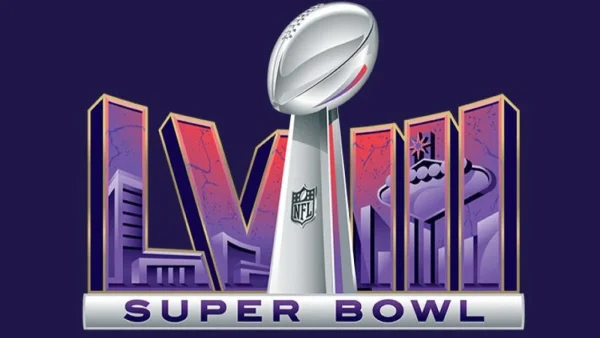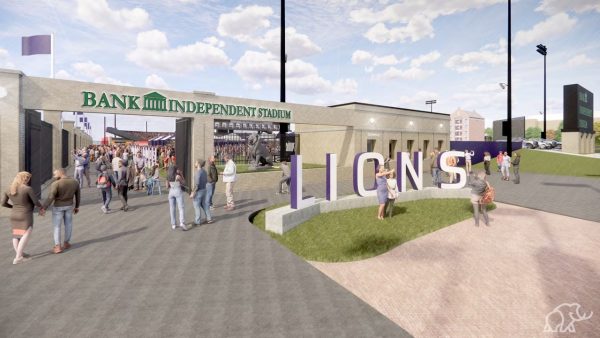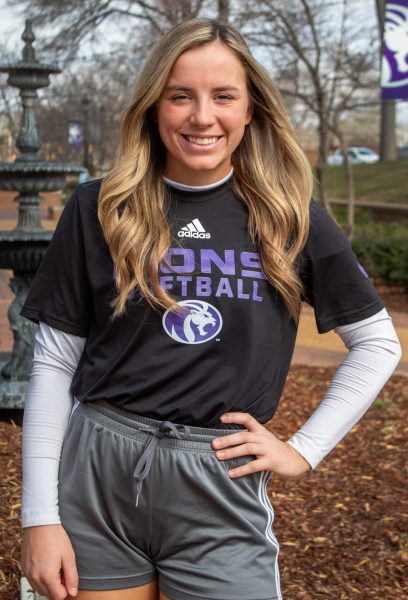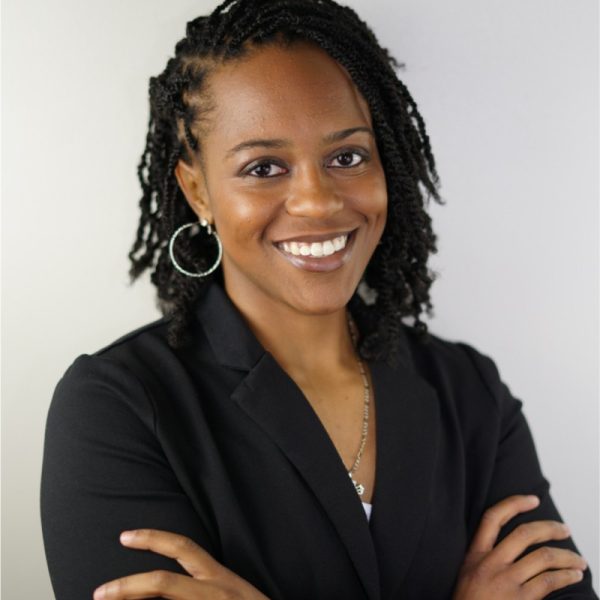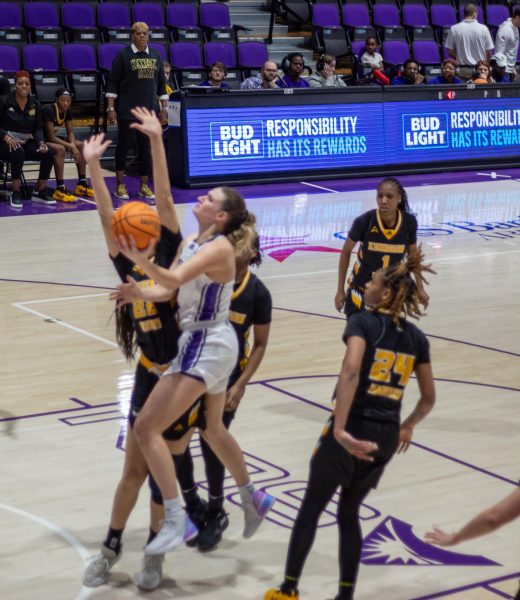UNA coaches, players speak on autographs for cash epidemic
October 30, 2014
University of Georgia star running back Todd Gurley was suspended indefinitely for an investigation involving signing autographs for money Oct. 9.
This type of investigation is not anything new for the NCAA, as former Texas A&M quarterback Johnny Manziel was suspended for the first half against Rice University last season for a similar offense.
Many people feel college athletes should be able to make a profit off their own likeness, and even NCAA President Mark Emmert said it is time to revisit the rule prohibiting players from it.
UNA football coach Bobby Wallace said he believes the rule was put in place for a reason.
“I can understand the NCAA’s rule on it because if they didn’t say it was against NCAA rules the boosters could promise a kid during the recruiting process if he comes there he can get him so much money for signing his name,” he said. “It would be a motivation for the kid to go there.”
Wallace said he would not mind players profiting from autographs if it was handled correctly.
“In reality once a kid goes to a school and becomes a superstar and none of that was done beforehand, personally I think it’s almost wrong to tell a kid he can’t make money from (signing autographs),” he said. “Every rule that’s been passed by the NCAA has been because somebody has been abusing the situation.”
Wallace said boosters are the main issue regarding players signing autographs for money.
“You would get promised $10,000 freshman year, $20,000 your sophomore year,” he said. “If it was all legitimate, and it was just a kid that became great and someone wanted to give him $10 for an autograph football there shouldn’t be anything wrong with that but that’s not the way it would work.
“There’s just so many things people would do to get a kid to come to their school.”
UNA running back Lamonte Thompson said if the NCAA did allow players to make money off their autographs, the situation would get out of control.
“I would never do it because I know the consequences of what would happen if I did,” he said. “But if you look at it at another angle, we are college students and we don’t have a lot of money. So we have to do with what we have.”
UNA quarterback Luke Wingo said the rule is a good thing for the NCAA.
“I think it wouldn’t be fair to the other players that don’t get the recognition,” he said. “I think you shouldn’t make money until you make it into the NFL or CFL.”


